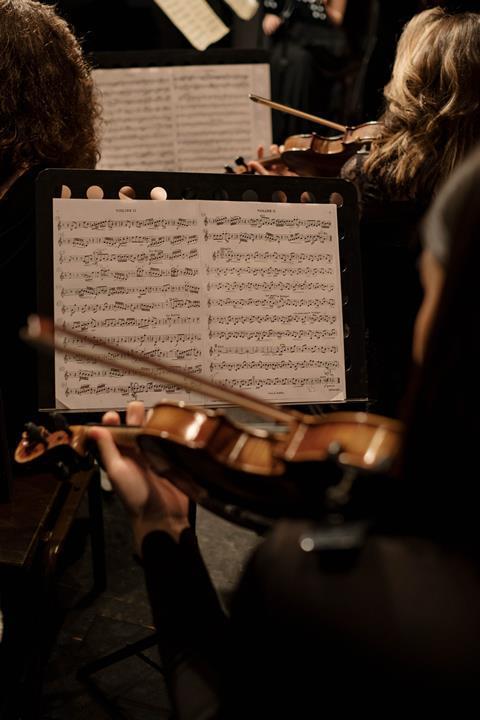Charles Noble offers tips to violists seeking an orchestral job in this extract from July 1999

The following is an extract from the article ’Auditioning advice: Positions vacant’ from July 1999. To read the full article, click here
As valuable as they are, recordings alone will not provide enough experience with the repertoire. Attending live performances will give valuable clues about commonly used bowings for excerpt passages. In addition to having listened to the repertoire, a practical playing knowledge is essential. Use your school ensemble or freelance orchestral gigs to build this familiarity. Playing an excerpt passage with a live orchestra is invaluable - certainly an example of a picture being a thousand words.
When first learning the excerpts it is always valuable and advisable to have another pair of ears available to you. If you are still in school or are studying privately, your teacher can be your initial resource - especially if they are a member of a professional orchestra or have had a great deal of professional orchestral experience. If your teacher does not have the experience or inclination to coach you effectively on the excerpts, take part in an orchestral repertoire class at your school. Regular criticism is a crucial aspect of preparing your excerpts for performance. If you are no longer in school, seek out a prominent local professional orchestral player or a trusted colleague for coaching sessions, lessons or simply listening.
When asked what is required to win an orchestra audition, most people who have listened to many auditions will respond with ‘dead-on intonation. A precise rhythm and a demonstrably superior musical sense’. Easy to say, hard to achieve, indeed! As you gain a working knowledge of the commonly asked excerpts, it becomes necessary to take a bit of time analysing them. Contrary to popular belief, excerpts are not always chosen on the basis of their being the most difficult passages.
The first task of the principal is to evaluate just what is wanted in an ideal candidate. In discussions with members of the viola section, the concertmaster and the music director, the principal will develop some basic criteria such as the following: the usual ‘givens’ of excellent intonation and rhythm; a rich and powerful sound with the ability to blend into the section sound; a mature sense of musical style; and a full control of technical issues of the left and right hands. With these guidelines in mind, an audition list is put together specifically to highlight these and other areas of the candidates’ playing.
Read: Auditioning advice: Position vacant
Read: Orchestra auditions: Success strategies
Read: How to be successful in an orchestral audition - LSO violinist Maxine Kwok










































No comments yet